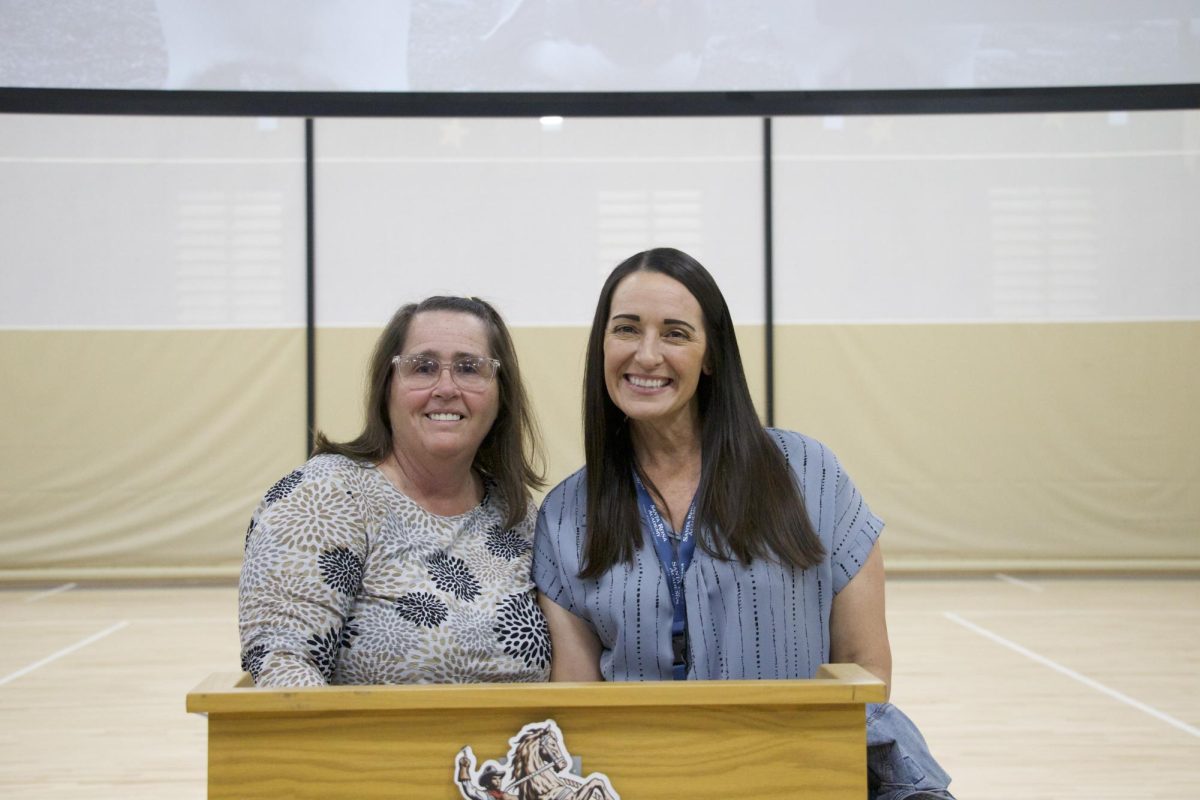Daylight Saving Time (DST) occurs twice a year and is widely debated. Supporters argue it reduces bills and allows people to enjoy reading and outdoor activities during longer hours, while opponents view it as side effects. Discourse often involves specialists and scientists, arguing that DST affects energy savings and conforms to nature’s tendencies. Both arguments are relevant, as people can also experience sleep issues.
DST, a time-change practice that benefits energy savings and daylight utilization, should only be accepted after understanding its impact on human health and well-being. DST has been linked to accidents and sleep violations due to imbalanced operating hours. The main aim is to mimic the natural light-dark cycle, aiming for equal daylight and nighttime. DST has transformed lives, raised safety concerns, and brought economic problems. It also raises concerns about road and worker safety and disrupts sleep patterns, increasing stress levels. Despite conflicting opinions between policymakers and local communities in DCVs, the question remains: which benefits outweigh the drawbacks?

According to Dr. Michael Grandner, Director of the Sleep and Health Research Program at the University of Arizona, “It’s not just about the lack of sleep, it’s about the disruption of your body clock where every cell in your body has clocks in it. It’s not just your sleep-wake cycle.”
The human body works like a complex clock that operates on the principle of circadian rhythms, governing sleep-wake cycle regulation and establishing the production of hormones. DST breaks our synchronization, which in turn can make people have problems getting used to our biological clocks. Thus, they often remain awake all night long, start their day in a dazed and disoriented state, and go through the day with a disturbed mood as well as a decrease in cognitive ability.

“Now, I get that nobody likes going home in the dark. I hate that, everybody hates that when it gets a little bit lighter later. You know, it has all these other seasonal things that go along with it with having more energy and all these sorts of things which seem very good. However, the earlier light reduces accidents on the way to work. School buses, kids crossing the street. It’s an hour. I mean, it’s not the end of the world, but it’s not going to make a huge difference to stay on standard time versus daylight anyway. The day length is gonna be shorter. And it’s gonna get longer in the spring and summer anyway”, Grander said.
The health consequences of disrupted sleep patterns include, among others, an increased risk of heart attacks, strokes, depression, and a weakened immune system. This creates an imbalance that makes people more susceptible to illnesses. The fact that we have to reset our clocks should be an alerting factor that the current approach to timekeeping is not sustainable for the survival of humans, just as there are huge threats posed by the practice to our health, lives, and well-being.



















